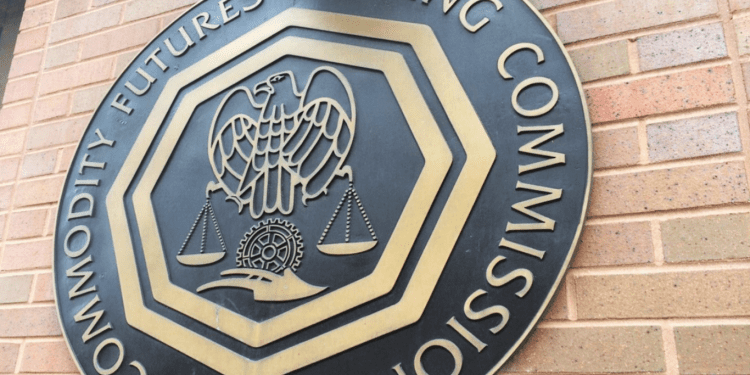- Regulatory agencies in the US are debating whether to classify cryptocurrencies as securities or commodities.
- CFTC Chairman Rostin Behnam views Ether and stablecoins as commodities, while SEC Chairman Gary Gensler believes every cryptocurrency except Bitcoin is a security.
- The lack of regulatory consensus and guidance on cryptocurrency classification leaves open the question of how key banking regulators will classify stablecoins.
Cryptocurrencies have been the subject of much debate among regulatory agencies in the US. Whether to classify cryptocurrencies as securities or commodities is central to this debate, as it will determine which agency assumes oversight of these digital assets.
The view of the Chairman of the US Commodity Futures Trading
Commission (CFTC), Rostin Behnam, appears to differ from the Securities and Exchange Commission (SEC) Chairman, Gary Gensler, on this issue.
In a recent Senate Agriculture Committee hearing, Behnam argued that Ether and stablecoins should be treated as commodities and overseen by the CFTC rather than as securities subject to SEC oversight. He cited Ether’s listing on CFTC exchanges and the Tether stablecoin enforcement action as reasons for his position. Behnam’s view differs from that of Gensler, who has claimed that every cryptocurrency except Bitcoin is likely a security and subject to SEC oversight.
The Views of Behnam and Gensler on Cryptocurrency Classification
Behnam’s view on the classification of stablecoins as commodities has raised concerns about a potential clash with the SEC. Last month, the SEC threatened to sue Paxos, the issuer of the third-largest stablecoin, Binance USD, for violating investor protection laws. The SEC is alleging that BUSD is unregistered security.
However, Behnam’s views on classifying Ether and stablecoins as commodities are gaining traction. In a recent interview, Senator Debbie Stabenow, the Democratic Chair of the Agriculture Committee, pledged to continue working on comprehensive legislation for digital assets after a bill she co-authored with input from Behnam stalled last year.
Behnam’s call for comprehensive legislation resonates with senators, and the Digital Commodities Consumer Protection Act is currently being worked on. Behnam emphasized the need for comprehensive regulatory legislation from Congress to prevent fraud and manipulation, stabilize markets, and ultimately protect customers.
The Lack of Regulatory Consensus and Guidance
The lack of consensus between regulatory agencies also leaves the question of how key banking regulators will classify stablecoins. In addition, the agency’s lack of guidance on differentiating commodities from securities has left the CFTC without legal advice from the SEC.
The ongoing debate on classifying cryptocurrencies as securities or commodities and the need for regulatory clarity have created uncertainty in the industry. Cryptocurrency investors and stakeholders are eagerly watching for developments to see which agency will assume oversight of these digital assets.
The crypto industry has widely voiced support for the CFTC as a preferred regulator over the SEC. Classifying cryptocurrencies as commodities will have significant implications for their regulation and oversight.
Regulatory agencies must come to a consensus on classifying cryptocurrencies to ensure investor protection, prevent fraud, and create regulatory clarity. In the absence of federal legislation regulating cryptocurrency markets, comprehensive regulation can stabilize markets, prevent fraud, and ultimately protect customers.














